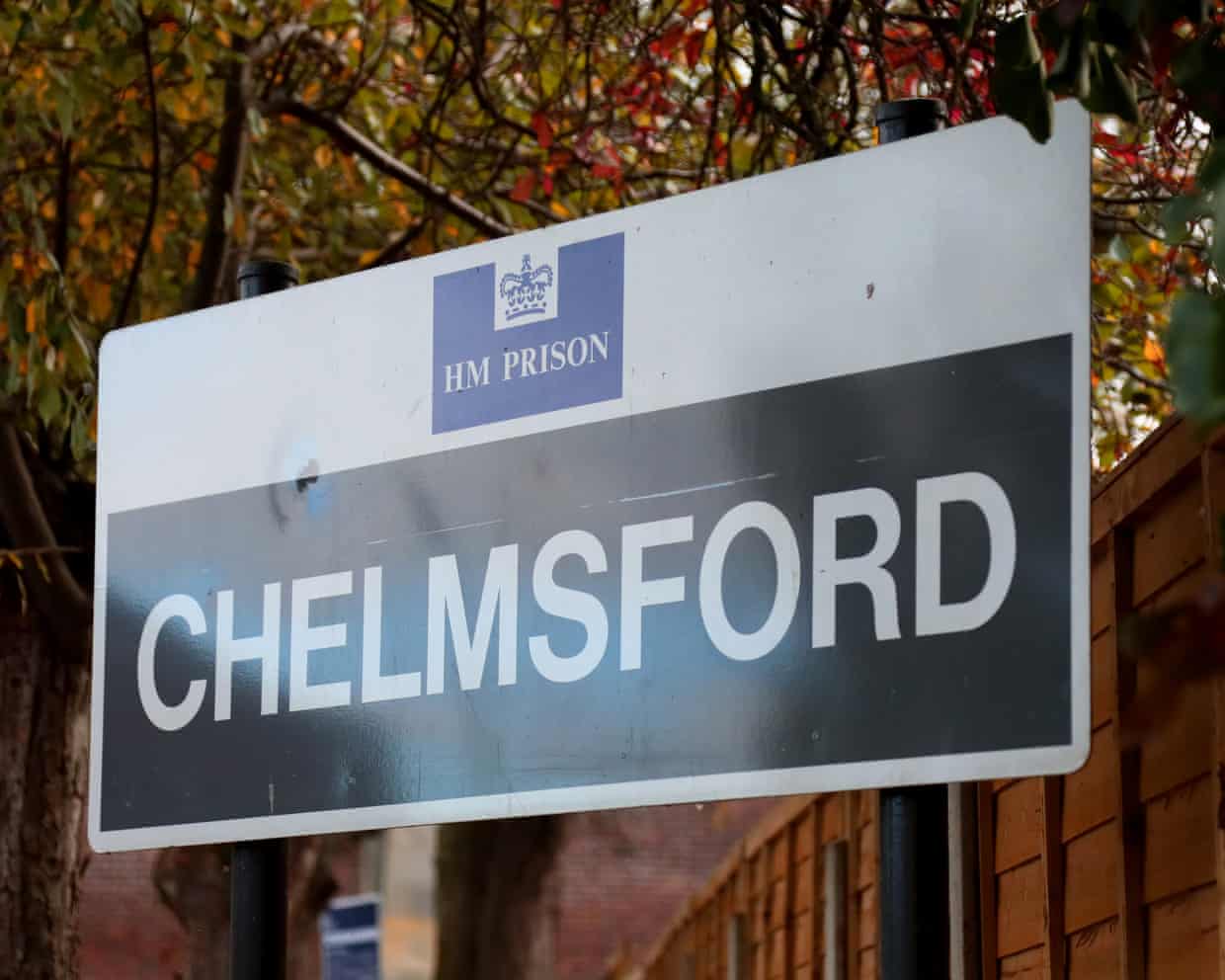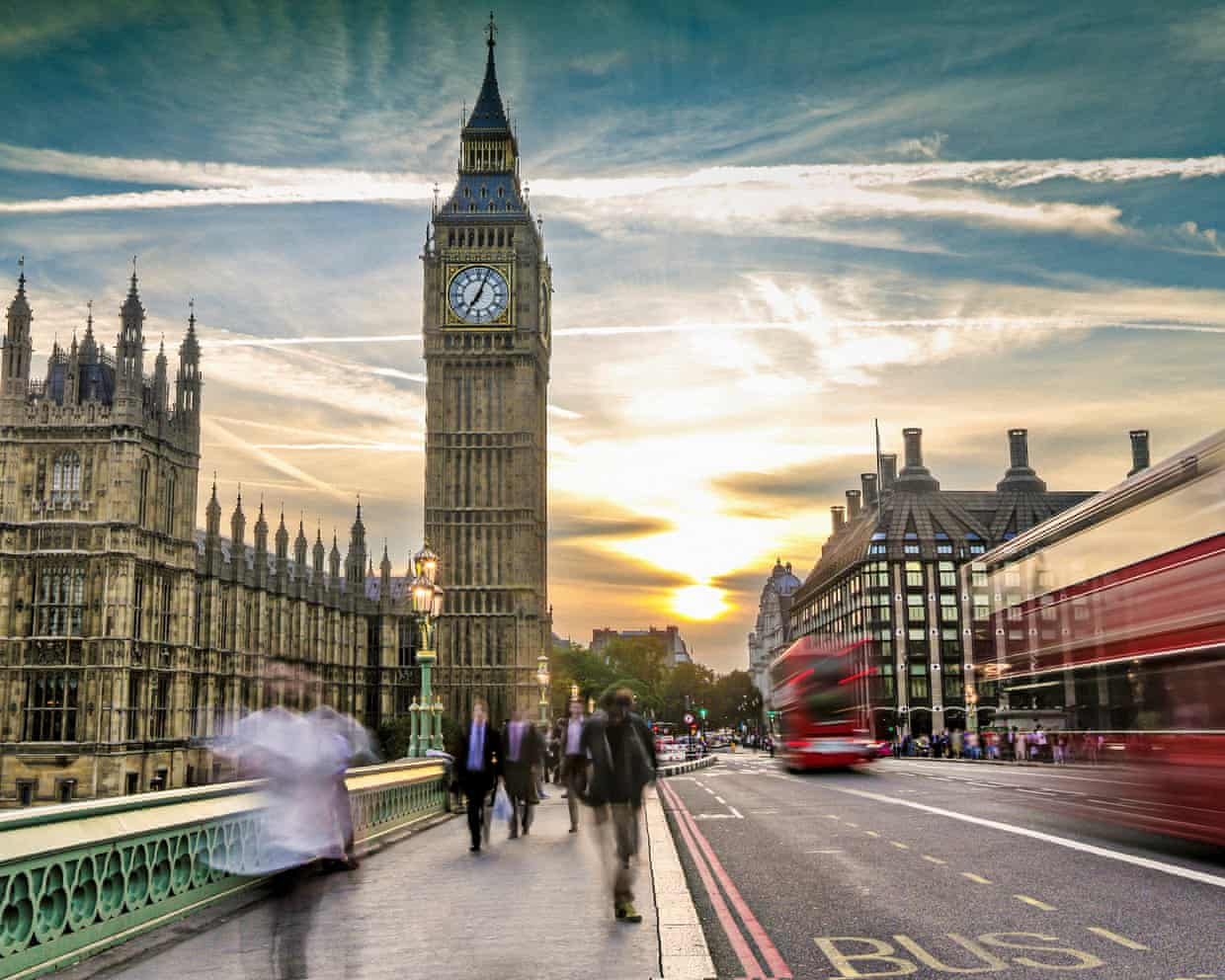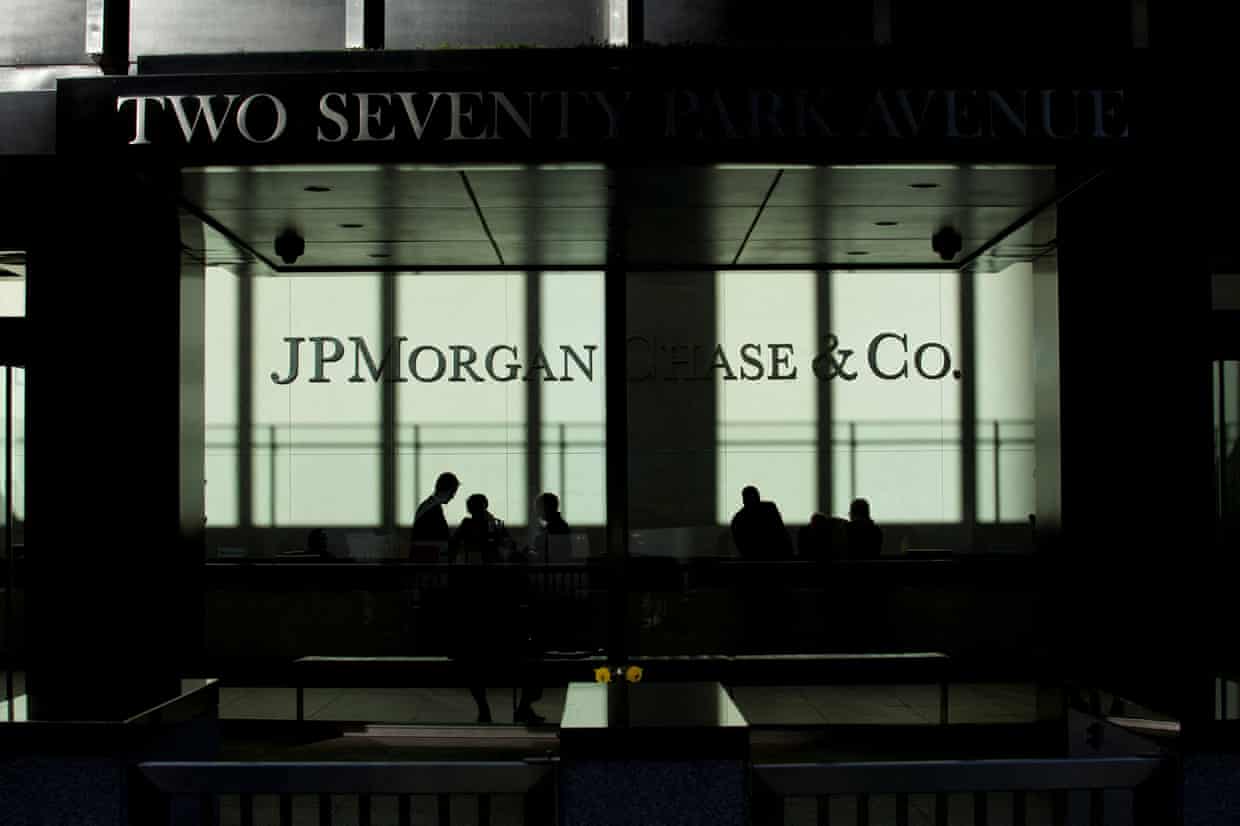Victims robbed of £4bn in ‘insulting’ car loan redress scheme, say claims firms

Victims of the car loans scandal could miss out on more than £4bn in compensation if the City regulator ploughs ahead with plans for an “insulting” interest rate in its redress scheme, consumer groups and claims firms say.The Financial Conduct Authority (FCA) has been accused of offering a reduced rate of interest which will be added to compensation from banks for borrowers caught up in the car loan commissions scandal.Claims law firms and consumer groups say borrowers should be offered the same terms as Marcus Johnson: the sole driver whose case was upheld by the supreme court in a landmark case in August.While the terms of the final payout are sealed, Johnson is widely believed by industry experts to have received about 7% interest on his compensation package, after judges ordered the parties to negotiate a “commercial rate”.But the watchdog has proposed a rate of 2.
09% on the compensation.The FCA has estimated that victims payouts will average £700 resulting from 14m unfair loans, costing lenders – including Lloyds, Barclays, Close Brothers and the financial arms of manufacturers like Ford – a combined £11bn.Critics say these terms are “unacceptable” and will ultimately rob drivers of another £4bn of compensation, based on calculations outlined in the FCA’s own consultation documents.Darren Smith, the managing director of the claims law firm Courmacs Legal, said: “The FCA’s proposal to cap interest at 2.09% is frankly insulting to the millions of victims who were overcharged, many well over a decade ago.
”He said lenders would not stand for cut-price rates being offered to consumers,“It exposes a staggering hypocrisy,” Smith said,“If the boot was on the other foot, and a bank was a successful claimant in a commercial dispute, would they meekly accept 2,09% on their losses? [Lloyds Banking Group’s chief executive] Charlie Nunn would rightly be asking the general counsel at Lloyds to demand the full commercial rate of interest from the wrongdoer,”The scheme is meant to draw a line under the scandal, which centres on unfair loan commission payments paid to car dealers by banks and specialist lenders.
The FCA has estimated that 14m historic car loan contracts that may be deemed unfair because of these commission payments.When discounting administrative costs, about £9.7bn of the £11bn sum will go straight to consumers.However, that sum is based on paying out a 2.09% annual interest rate on base levels of compensation.
Consumers would be due £14.3bn if the interest rate were closer to 8%, according to FCA documents.That rate of 8% is what has historically been paid out alongside successful county court cases, and by the Financial Ombudsman Service before its own rates were cut earlier this year.The current proposals mean a consumer will on average receive about £700 in compensation, rather than £1,030 at the 8% rate.“The interest rate is way too low, in my view,” said Martin Lewis, the founder of MoneySavingExpert, in his BBC podcast this month, adding that he was planning to raise the issue in his response to the FCA consultation.
Kevin Durkin, of HD Law, who represented Johnson during his supreme court case, agreed, told the Guardian that the FCA’s proposals were “unfair” and did “not adequately compensate consumers enough for the many years they’ve suffered under an unfair relationship with their lender.The FCA redress scheme should reflect what the supreme court awarded to Mr Johnson.”Sign up to Business TodayGet set for the working day – we'll point you to all the business news and analysis you need every morningafter newsletter promotionConsumer advocates have also raised concerns.Alex Neill, a co-founder of the consumer rights organisation Consumer Voice, said: “The proposed rate of interest is unacceptable and would leave drivers losing out on £4bn they’re rightly owed.“Suggesting that those hit hardest – who have already faced extra costs due to this mis-selling scandal – should negotiate for a fair rate themselves is clearly unworkable.
”However, the Financing and Leasing Association (FLA) said the interest rate should reflect changes to compensation payouts at the FOS, which earlier this year were cut from 8% to the average Bank of England base rate, plus 1%.“The FCA is applying the same rate” in its redress scheme, the FLA said.An FCA spokesperson said: “Our proposals take account of court decisions on redress.We believe interest that links to the Bank [of England] base rate is fair, proportionate and aligns with the planned approach of the Financial Ombudsman.“Consumers would have the right to challenge this if they have evidence this was unfair to them.
We welcome feedback on our proposals,”Lloyds declined to comment,The best public interest journalism relies on first-hand accounts from people in the know,If you have something to share on this subject you can contact the Business team confidentially using the following methods,Secure Messaging in the Guardian appThe Guardian app has a tool to send tips about stories.
Messages are end to end encrypted and concealed within the routine activity that every Guardian mobile app performs.This prevents an observer from knowing that you are communicating with us at all, let alone what is being said.If you don't already have the Guardian app, download it (iOS/Android) and go to the menu.Scroll down and click on Secure Messaging.When asked who you wish to contact please select the Guardian Business team.
SecureDrop, instant messengers, email, telephone and postIf you can safely use the tor network without being observed or monitored you can send messages and documents to the Guardian via our SecureDrop platform.Finally, our guide at theguardian.com/tips lists several ways to contact us securely, and discusses the pros and cons of each.

How scientists are shining light on the biology behind seasonal affective disorder
Researchers tracking large cohorts are discovering the effects of sleep, light and therapy on people impacted by winter’s arrivalFor some, the darkening days of autumn bring more than the annual ritual of reviving woolly jumpers and turning on the central heating. As the evenings close in and the mornings grow murky, energy ebbs and a heavy sadness settles in.Although seasonal affective disorder (Sad) was only formally recognised by psychiatrists in the 1980s, the link between the seasons, mood and vitality has long been observed.The Yellow Emperor’s Classic of Medicine – a Chinese text from roughly 300BC – described how the seasons affect all living things. It advised that in winter, one should “retire early and get up with the sunrise”, keeping “desires and mental activity quiet and subdued, as if keeping a happy secret”

Everyone says they are worried about hate crimes. But Australia’s laws to combat them are all over the place
Some state police forces have specific laws and units relating to hate crime, others have neither. Experts say a national definition is neededFollow our Australia news live blog for latest updatesGet our breaking news email, free app or daily news podcastHate crimes have long been debated in Australia but the war in Gaza and the rise in reports of antisemitism and Islamophobia have thrust the laws designed to punish these crimes into the political spotlight.The Australian federal police commissioner, Krissy Barrett, has gone as far as saying new national hate crime laws may need to be strengthened.So how many of these crimes have resulted in police charges across Australia? And how differently is a report of a hate crime treated in each jurisdiction?In the wake of governments passing new laws – along with concerns about the accuracy of data about antisemitic incidents reported by New South Wales police and some states taking new approaches to the issue – Guardian Australia set out to explore hate crime.The picture that emerged was complex

Ministers were warned of errors at jail that released sex offender by mistake
Ministers were warned by a watchdog that prisoners were “falling through the cracks” of chaotic release procedures at the jail that mistakenly freed a convicted child sex offender.An annual report on HMP Chelmsford uncovered “a litany of issues and errors” including “a mix-up of release dates” when letting out a vulnerable prisoner.The Essex facility is at the centre of an inquiry after Hadush Kebatu, an Ethiopian national, was accidentally freed despite convictions for sexually assaulting a 14-year-old girl and a woman days after arriving in the UK in a small boat.The emergence of the report, published by the jail’s independent monitoring board [IMB] in December and sent to the prisons minister, James Timpson, will raise fresh questions about who should be held responsible for the debacle.Kebatu was released from prison a week ago on Friday by mistake when he was supposed to be removed to an immigration detention centre

‘Out of reach’: stalled newbuilds leave Labour’s social housing targets in tatters
The stats are stark: families on Bath and North East Somerset council’s social housing list face a 200-year wait for a four-bedroom property and the latest available figures show England is building just a little over 10,000 social homes a year.Tackling this crisis was a key element of Labour’s election promise to build 1.5m homes over five years, with the government in July announcing plans to spend £39bn building 300,000 affordable homes over a decade, 60% of them for social rent.But hopes of hitting these targets are fading. In London, housebuilding of all kinds has pretty much stalled, prompting the housing secretary, Steve Reed, and the mayor, Sadiq Khan, to announce a controversial package last week that cuts from 35% to 20% the percentage of affordable units a site needs in order for it to be fast-tracked

Woman turned away from UK-Italy flight due to ill child has benefit stopped
A woman has had her child benefit stopped after booking a holiday to Italy because HMRC inferred she had emigrated – even though she and her family did not board the flight.Sally, her three children and her partner were going on holiday to Italy last July, but were refused boarding after one of the children had an epileptic seizure at the departure gate.Sixteen months later, Sally received a letter from tax authorities at HMRC telling her payments for all three children were being stopped as records showed she had taken a one-way flight from the UK to Italy in 2024.“We never even left the country,” she said, explaining how much paperwork she has had to put together to prove to the tax authorities that they had made a mistake.“On receiving the letter, I called the child benefit line and explained the situation but was told I needed to complete the form and submit evidence, which included three months of bank statements from all my accounts, letters from the NHS and school to prove we returned – when we didn’t even leave

Charities and stars call on UK government to set child poverty reduction targets
Celebrities, MPs and children’s charities are among dozens of signatories to an open letter ramping up pressure on the government to set targets for reducing child poverty in the UK.The actor Emilia Clarke, the broadcaster Chris Packham and the presenter George Clarke have put their names to the letter, coordinated by the Big Issue founder John Bird, stating that the government’s reluctance to set binding child poverty reduction targets has “rung alarm bells”.Leading anti-poverty and children’s charities including the National Children’s Bureau, Child Poverty Action Group, Amnesty UK, Barnardo’s and the food bank charity Trussell have all backed the call, as well as MPs and peers representing Labour, Greens and the SNP.“Quite simply, we’re worried that the government does not want its homework marked when it comes to child poverty,” the letter reads. “It’s crucial the government gets the child poverty strategy right

The London consensus is a timely challenge to Trump’s isolationism | Phillip Inman

‘It’s brutal, they feel very attacked’: budget uncertainty hits Southampton boat show

Nexperia halts chip supplies to China in threat to global car production

JP Morgan warned US of $1bn in Epstein transactions possibly related to human trafficking

Ministers’ claims to have helped JLR in doubt as £1.5bn support left untouched

Amazon shares surge as AI boom fuels cloud growth; Nvidia boss says selling chips in China is Trump’s call – as it happened